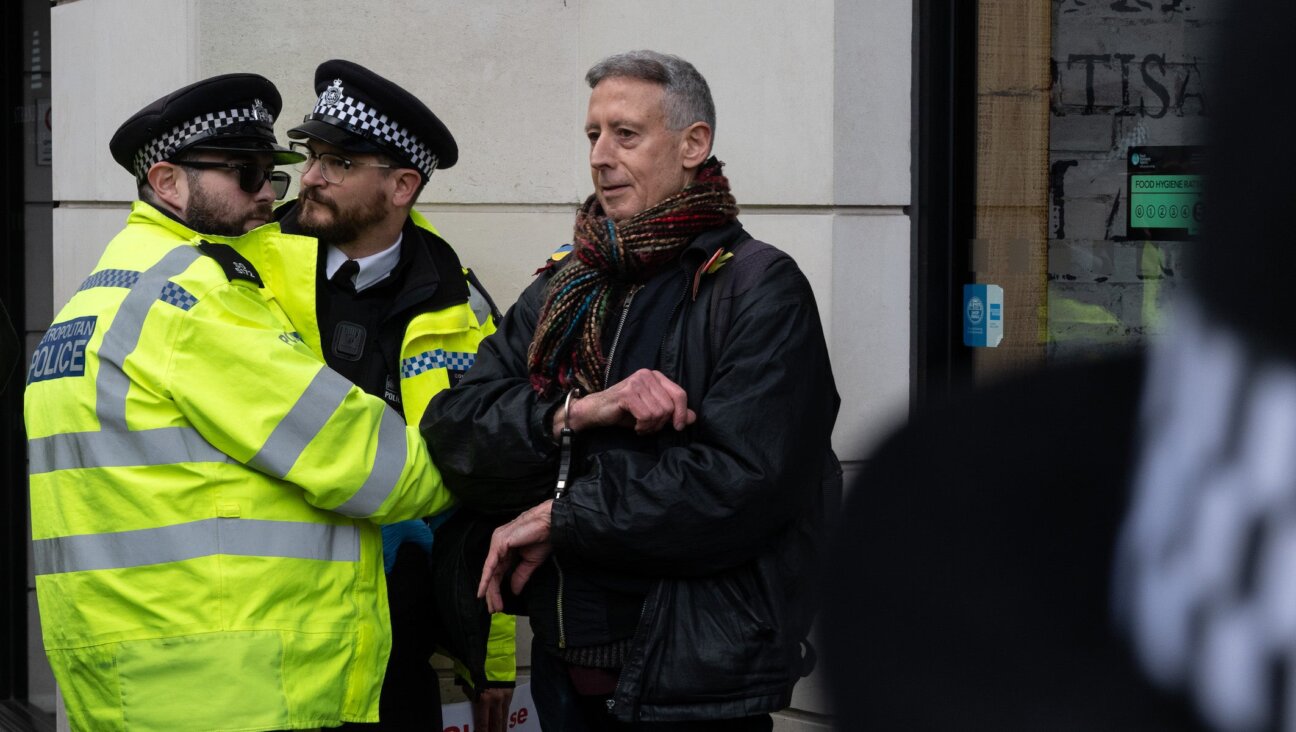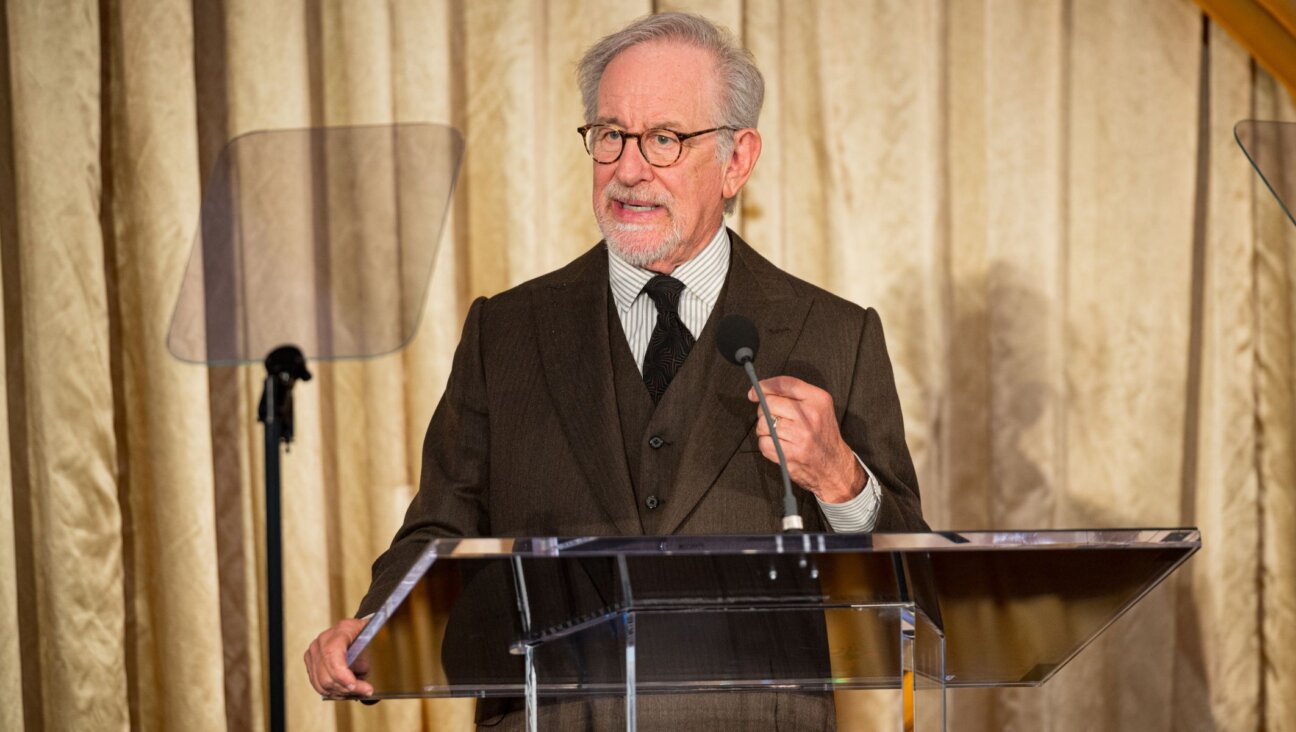Turkey Lifts Objection to NATO Israel Cooperation
Turkey has given approval for Israel to participate in non-military NATO activities in 2013, withdrawing an earlier objection driven by an ongoing dispute between the former regional allies, a Turkish official said on Monday.
Relations between Israel and what was once its only Muslim ally crumbled after Israeli marines stormed the Mavi Marmara aid ship in May 2010 to enforce a naval blockade of the Palestinian-run Gaza Strip and killed nine Turks in clashes with activists on board.
The rift has continued despite U.S. efforts to encourage a rapprochement between the two regional powers whose cooperation it needs to address changes sweeping the Middle East.
Turkey, a NATO member, refused to allow Israel to take part in an alliance summit last May because the Jewish state had not apologised for the 2010 killings and Ankara has objected to any increased cooperation.
While not a NATO member, Israel is part of the Mediterranean Dialogue, a NATO outreach programme, along with six other non-NATO countries, and had previously participated in summits and training exercises.
Turkey will now agree to Israel taking part in some NATO activities next year but remains opposed to joint military exercises, the official said.
Once close allies, Israel and Turkey, which both border Syria, used to share intelligence information and conduct joint military exercises.
But after a U.N. report into the Mavi Marmara incident released in September last year largely exonerated the Jewish state, Turkey expelled Israel’s ambassador and froze military cooperation.
That report was meant to foster a thaw between the countries but ultimately deepened the rift when it concluded Israel had used unreasonable force but that the blockade on Gaza was legal.
Turkey has demanded a formal apology, compensation for victims and the families of the dead and for the Gaza blockade to be lifted.
Israel has voiced “regret”, short of the full apology demanded, and has offered to pay into what it called a “humanitarian fund” through which casualties and relatives could be compensated.














